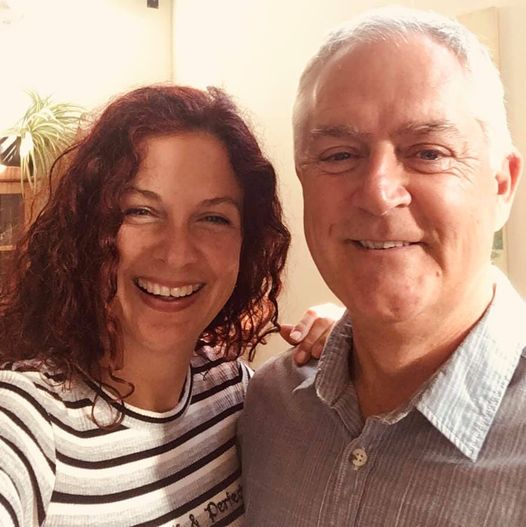
SECOND PART of how to deal with a complaint:
Yesterday I explained why and how a complaint actually has nothing to do with you. It is therefore limited how much you can change the client’s view, and opinion about you.
But YOU can control what you think and feel about it and change YOUR experience!
Here’s how to get through it in a way it’ll pass quicker and you might learn from it :
1.Let yourself feel all the anger, anxiety, frustration, disappointment, betrayal, shame and sadness.
You might not even be able to put a name on it, but you can feel where it is in your body. Is it in your chest? Stomach? Throat? Is it tight or palpating?
Breathe into it and recognize it’s normal to feel like this when you’re “under attack”.
Nothing has gone wrong – you’re having a normal, human response to an uncomfortable situation.
2. Provide your nervous system with safety before you deal with anything.
Often we want to take action straight away and defend ourselves/attack back. PAUSE, and acknowledge you’re not feeling yourself right now.
DON’T buffer by eating/drinking/going on social.
Walk in nature.
Sit quietly with your feet planted firmly on the floor, put your hands on your chest and belly and whisper “I am safe. I am safe”. Hug yourself.
Speak to someone you trust, maybe a loved one, and let them comfort you. Don’t be afraid to ask for support. This is not the moment to play hero – zero reason for not accepting any help and support you can get.
3. Then journal your version of the events. Explain your reasons to act how you did, and recognize you probably couldn’t have done anything different with the information you had THEN. This is for yourself so you can stop the brain spin, not to share with anyone else (unless you want to and find it useful.
Let yourself go to the worst case scenario: “I’ll get expelled from the college, I’ll get fired, I’ll have to pay a huge amount of money, everyone will hate me, I’ll end up living on the streets”.
Notice that no matter how bad the worst case scenario can be: You can totally deal with it. You will be ok.
But it’s important that you pull every thought out in the open, so they’re not allowed to hide and fester – facing them straight on will take a LOT of air out of the sails.
4. Ask your insurer or network for legal support. Don’t try to deal with it on your own: it’s scary, it’s overwhelming and that’s why we have people to help us (in the UK VDS give amazing support every step of the way).
Even if you’re not dealing with an official complaint, if you’re a victim of a troll on social media there are legal implications and you should get all the support you can get and set an example.
5. Once you’ve dealt with it (and through this a lot of feelings will come up again – take your time to process as per step 1), see if there’s anything you can learn from it.
Often there’s a hint of truth in a complaint. Acknowledging that for yourself, accepting you’re human, and being willing to learn and improve for future cases, will make you grow in all areas.
And if you can accept you’re not perfect, and never will be because you’re human, it will take some of the fear off around getting another complaint.
6. Learn to be ok with people being wrong about you. Someone thinks you’re a money grabbing, heartless vet? THEIR problem, not yours.
YOU know who you are, and so do the people you care about and love. You can’t be liked by everyone. And you can’t control what others think about you.
Complaints truly don’t mean anything about you. So don’t let them drag you down – don’t let them taint this profession you love so much

How to never, ever get a complaint as a veterinarian:
Stay at home and watch Netflix .
The End.
Not an option? Ok, read on:
If you’re working as a veterinarian, you WILL get complaints at some point.
It DOES NOT MATTER
- how amazing you are
- how clever you are
- how many hours you spent trying to save a pet
- how well YOU thought it went.
And here’s why:
A complaint was never really about YOU AT ALL.
A complaint is about one thing and one thing only:
The owners perception of the events. It’s about them and their perspective and their education and their background and so many other factors that are out of our control. It really has nothing to do with us.
All these factors determine:
what feeling that creates in them
how they respond to that feeling.
I have made terrible mistakes and didn’t get a complaint
And I have gotten complaints about stuff that really didn’t have anything to do with me or what I did, and some were essentially right down lies
A dog at the clinic I work at CAUGHT FIRE in a surgery due to a malfunctioning cauterizer, and the lovely owner’s first question after making sure their pet was taken care off was:
“Is the vet ok???”
Never complained.
Let me repeat it:
A complaint actually doesn’t have anything to do with you and your work.
You cannot prevent people from complaining about you.
You cannot control their perception nor reaction.
You can INFLUENCE it – slightly- by being a kind, honest person that does the best they can with what resources they’ve got (and then YOU know you’ve given it your all)
And I know it hurts, and it can feel really personal.
In my next post I’ll give you my 6 essential tips to survive and thrive no matter the complaints and internet-trolls coming across your path.

“I won’t be held to ransom, there’s plenty of other vets out there that can do the job” – was something we were told over the phone the other night when a bulldog (of course!) breeder called enquiring about the price of a c-section.
(I’m sorry but I’m not going to hold back on my opinion of bulldogs as a breed nor about the people that breed them – scroll on if I hurt your feelings – which I can’t, because they’re your own responsibility :D)
Anyway, this post is not about bulldogs, but about handling rude clients and how it’s actually ok to just let them be rude, and exist in this world.
How do I know it’s ok? Because they exist, and arguing with that or trying to change them (good luck with that!!!), is literally like trying to mop the beach dry. Or, as Byron Katie says: “If you argue with reality, reality will always win.”
Why oh why does it get our hackles up so quickly when someone says something we perceive as highly insulting to us? I mean, I don’t care a flying monkey about bulldog breeders. I would never ask for their opinion about my hair style or if they like my husband. WHY does it touch our deepest nerves then, when they say something we don’t agree with?
We all have a manual for what we think is right and wrong.
In my manual, for example, I have statements such as:
- Breed dogs that can actually breathe normally
- Breed dogs that don’t need to be cut open to have their babies out
- Be respectful to other people
- Don’t insult medical personnel if you want their help
- Don’t argue surgical prices as if you were shopping for Mariachi hats.
- And a million more statements that I ASSUME other people have as well.
But, lo and behold, every person’s manual is different!!
Not a big surprise, really, when we consider we create our manuals over time, through all the experiences we accumulate since babies, from what we see in our families, friends, country, school, etc. And those experiences are different for all of us!
But we all think that everyone else has the same manual as us. That’s why it’s such a shock when people do or say something we perceive as WAY out of the manual. We want to convince them that they should have the same manual as us (the RIGHT one, obviously!). We also want them to like and accept OUR manual. It’s a deep instinct, back from the stone-age, when it was extremely important to belong in the tribe and share the same values, or we would literally die.
Nowadays, if a bulldog breeder doesn’t share my values, it doesn’t mean I’m going to die. But it can FEEL that way, because it’s such a shock to our system when people do not share our values at all, and go against everything in our manual. And it’s incredibly hard to let them be wrong about us. Stone-age brain REALLY wants to convince the other person that we are GOOD, and we want to be accepted, and have our manual accepted, because it feels like survival is at play here.
Knowing this, being aware that it’s just instinct kicking in getting my hackles up, my respiratory rate up, and starting a wild heart beat, can help in the moment. You don’t need to DO anything, just ride it out and accept not all people have got your manual on board. Then you can make rational decisions without the drama: “Do I really want to see these people?” “How can I make sure they actually pay before they kidnap the dog and puppies?” and “How can I calm down and perform as a surgeon so the mum and pups are as safe as possible?”
.
And then run and sign whatever it is we need to sign to stop this from happening, again and again x


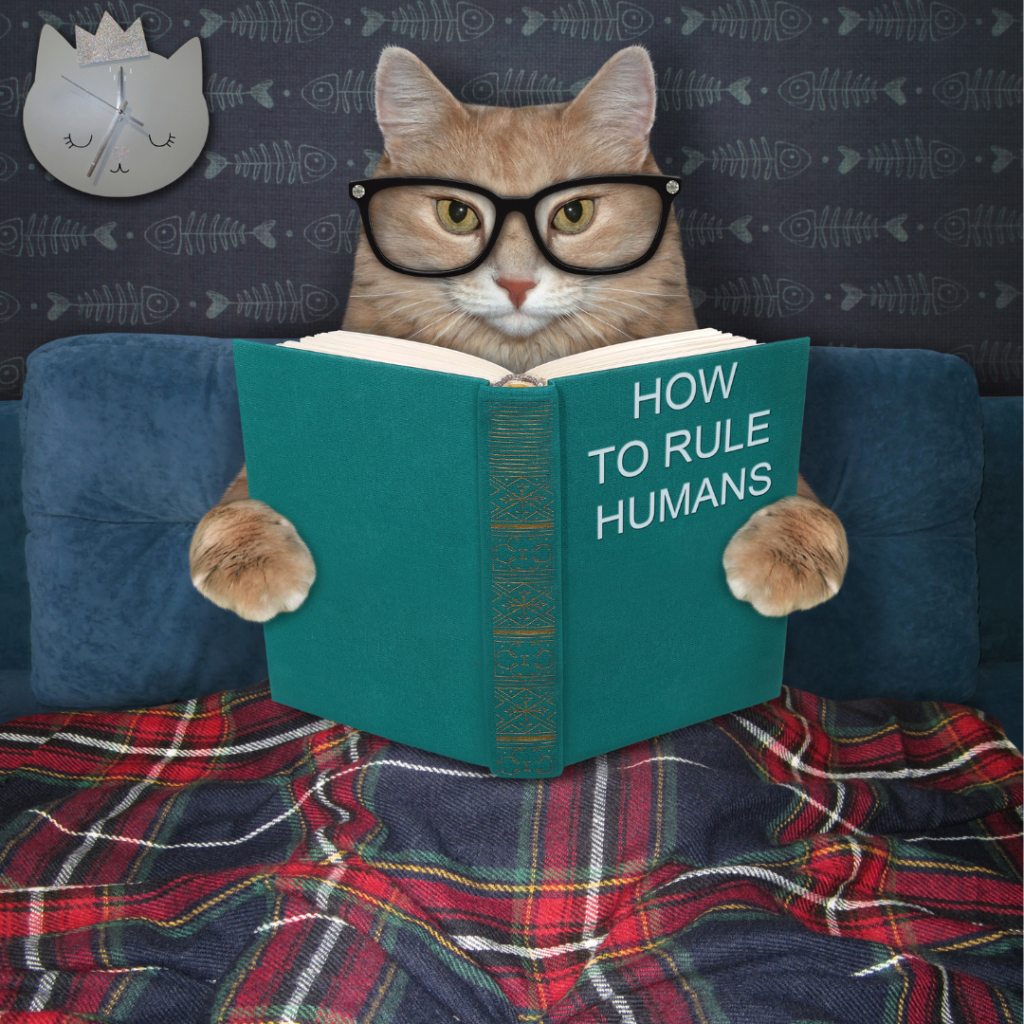

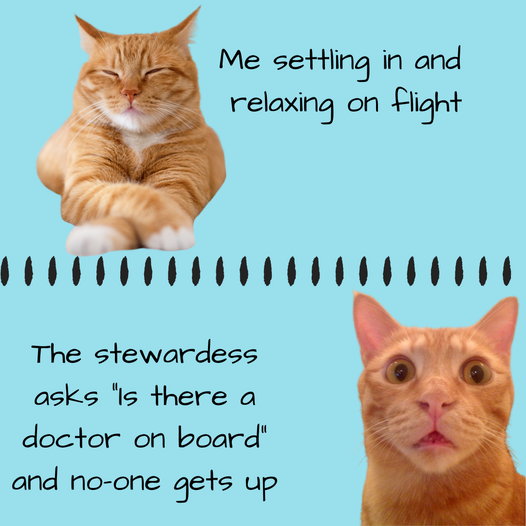
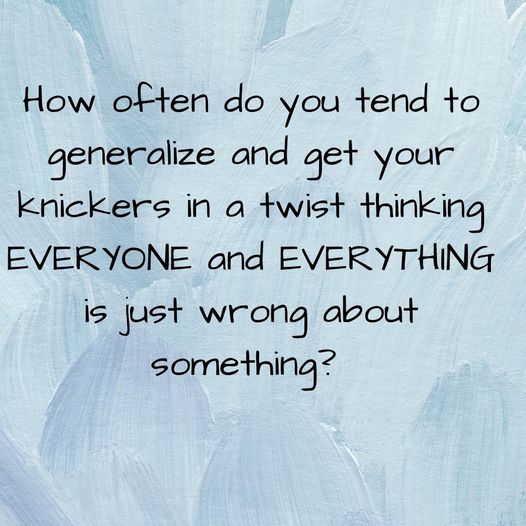



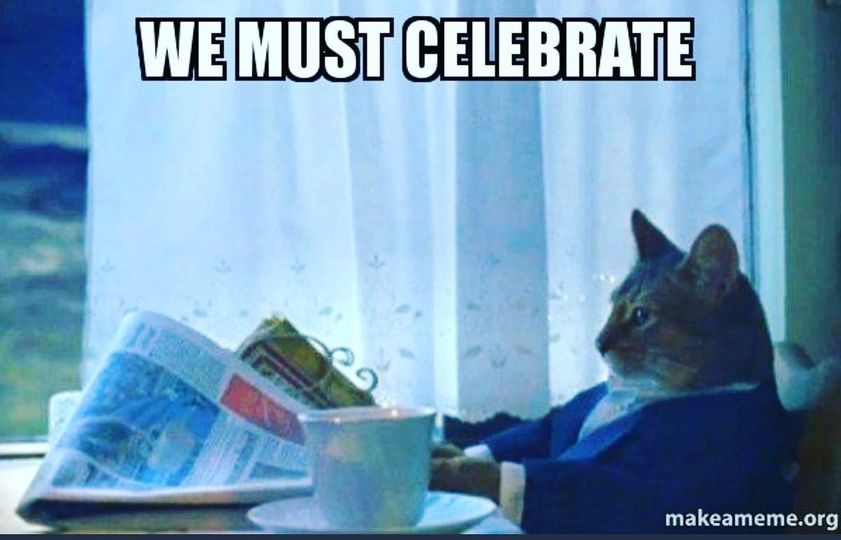


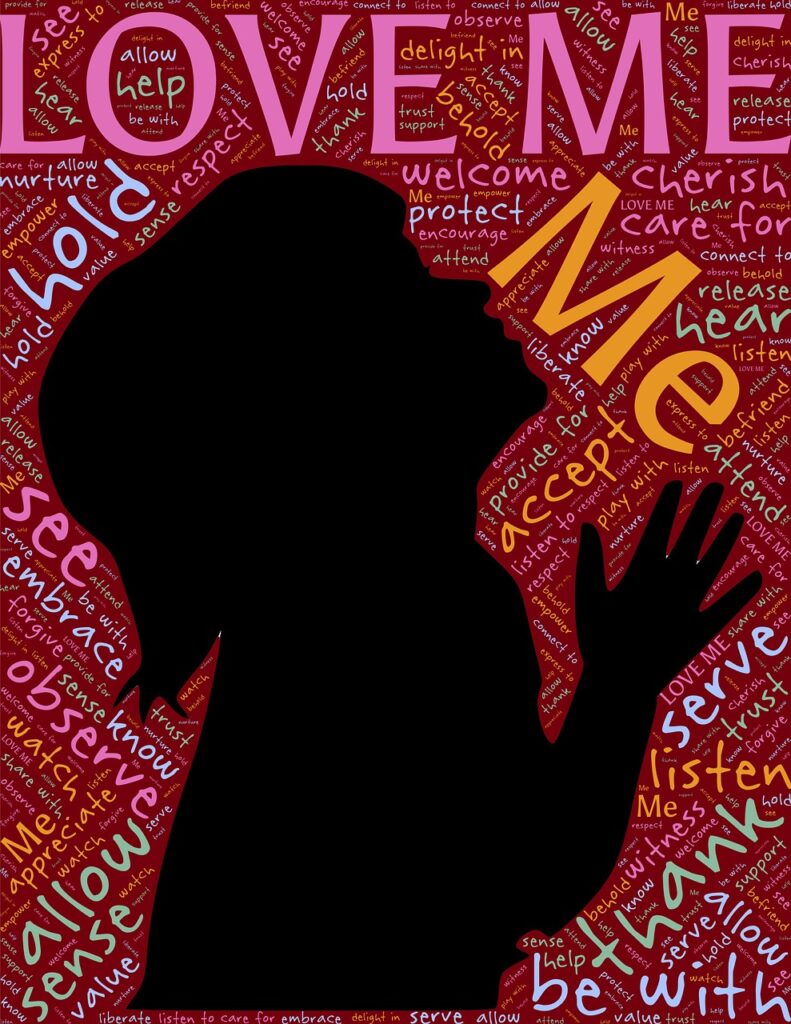


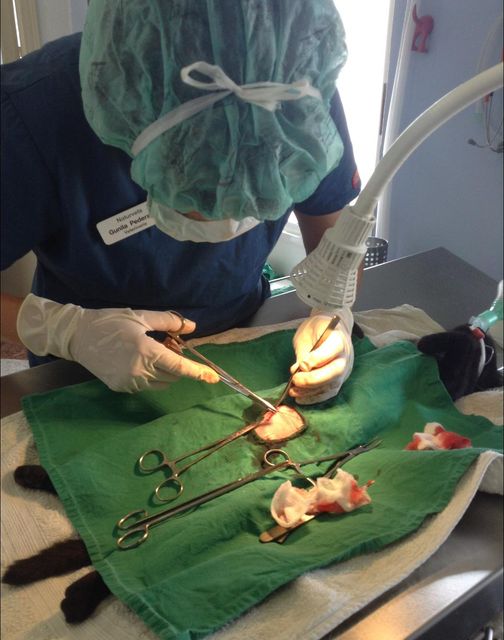


It’s insane sometimes how we eat something because we LIKE and ENJOY it, and then we spend the whole time during and after it beating ourselves up for eating it!If we’re going to eat pizza, burger or cake because we LOVE eating it, what’s the point in destroying the experience with guilt and self-blame?You’re right - there IS no point!This weekend I had two vegan burgers, a veggie pizza and 3 different Danish cakes I love.I did NOT feel guilty! HOW?I DECIDED beforehand that I was going to eat lots of delicious food on my holiday in my home country Denmark. There is food there I cannot get anywhere else, especially being plant-based and so I wanted to go all in and really enjoy myself.I also decided I liked my reason for eating stuff I normally don’t eat. I had a talk with my husband that for sure we’re not going to eat like this when we have longer stays in Denmark - but a short holiday is ok.YOU DECIDE the rules for what you want to eat when. If you’re going to eat “crap” food, make sure you decide BEFOREHAND, NOT in the moment when you might regret later.Look at the reason you’re going to eat the pizza/burger/donut and see if it’s a reason you like. The stress from always doubting yourself and feeling guilty will literally make you put weight on due to the raised levels of cortisol - so managing your mind is super important.
Learn more about managing your mind around weight loss here HERE
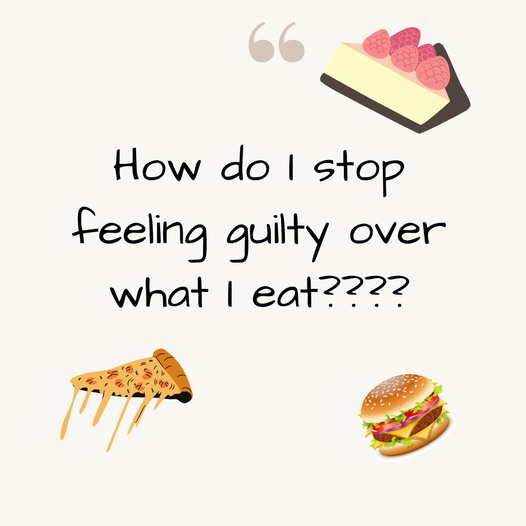
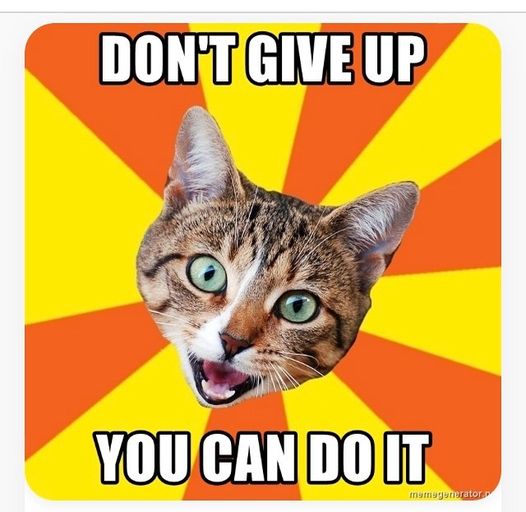
“What if I just didn’t stop?”
I want you to ask yourself this out loud:“What if I just didn’t stop?”
What if you stopped listening to the excuses your brain comes up with, and NEVER STOPPED moving towards your weight loss goal?!?!
What would your life look like in 6 months if you kept picking yourself up and kept going even after a trillion fails?
Today I coached a woman on why she ended up eating two bowls of popcorn, a chocolate pretzel and an oatcake AFTER dinner on Saturday. The two main thoughts that tripped her up were:1) If I eat more at night, I’ll have more energy for training in the morning2) It’s still the weekend, so it’s ok, it doesn’t count.She actually felt MORE tired the next day at training, PLUS feeling sluggish and guilty for eating stuff she didn’t plan to eat.And the calories don’t know the difference between midweek and weekend!What happened was that her primitive brain was hungry for that dopamine hit that comes when we eat foods high in calories, and it sneaked a couple of thought errors in.-Solution: Create awareness through coaching, so you know what excuses your brain is coming up with, and KEEP GOING.Yes, she over-ate Saturday night, and was beating herself up over it. BUT that didn’t mean she gave up and threw in the towel! She learned from the experience, and didn’t make it mean she had to give up or that she’ll never lose the weight.
So, what if you just kept doing that for 6 months? Learning, moving on, getting coached on what your brain throws at you, and practising feeling what your body really needs.How would you look and feel after 6 months?If you feel like giving up because it seems like your brain and body are actively working AGAINST you and your plans of losing weight - DON’T!!It is TOTALLY possible for you to lose weight - no matter how difficult and impossible it seems right now!-What to do next?WATCH my free video on the 3 fundamentals of weight loss and APPLY what you learn straight away with the free workbook I’ll send you.
How did you get the body and the life you’ve got now?
By doing the things you have been doing, and are still doing. That’s it.
If you want to CHANGE your life, your body, your health, you can’t keep doing what you’re doing. It makes sense, right?
Let’s pull this apart.
What makes us do what we do? Why do we eat like we do?
Often, it’s just habits. Maybe we thought a bit about it, maybe just did what everyone else around us did, and then it kind of worked; we’re still alive, right? So we kept doing it, without questioning it again.
Sometimes we think that this is just the way it is, and it feels like we don’t have a choice in the matter.
If we want to change, we need to get our thinking cap on, and make some conscious changes. We need to start deciding what we want to keep doing, and what might not be working, and make changes.
What a lot of us think, is that we now need to find the magic pill/diet/food that will change everything for us. We believe that the answer lies somewhere outside of us, when in reality, we have all the power within ourselves to change our way of doing things.
Sure, you can lose weight for a while by going on a diet or taking some supplement someone recommends, but at some point you’re going to default back to what you’ve always been doing. It’s just how our brains work, we’ll always drift towards our comfort zone, what we know, whether it gives us the results we want or not.
So the way to the body and the weight you want, is to start thinking about what you’re doing, and what you want to change. And here is where it’s so important to be aware of our thinking. Because our brain is desperately going to try to keep us in our comfort zone, and will send you all sorts of thought errors to make you back away from change.
I help women lose weight in 6 months in a sustainable way so you never have to diet again, guaranteed.
Reach out for a FREE consult and find out how I can help YOU ![]()


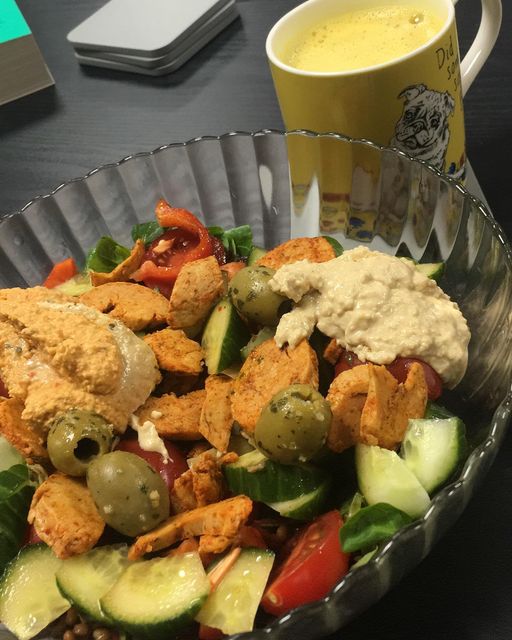


If the people that try to sell to us can figure this out and make us grab that last glass of olives before our flight, wouldn’t it be a great idea if YOU could figure your own brain out, and teach it to think in abundance instead of scarcity, calm instead of urgency, things are going just fine instead of everything is wrong. It’s totally possible; just as we can make our brain think Manchego cheese is essential as a souvenir, we can choose the thoughts that serve us, and not the ones that perpetuate burn out. .
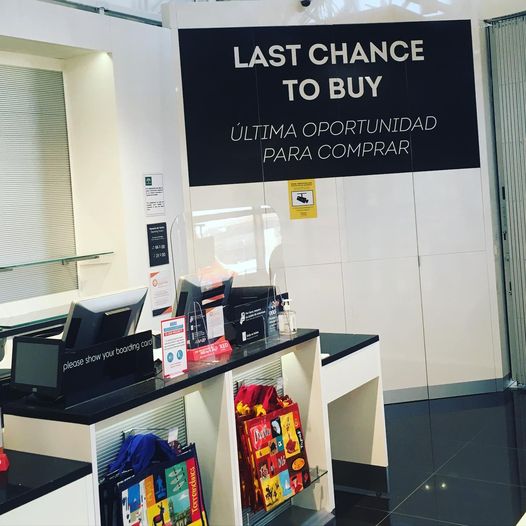





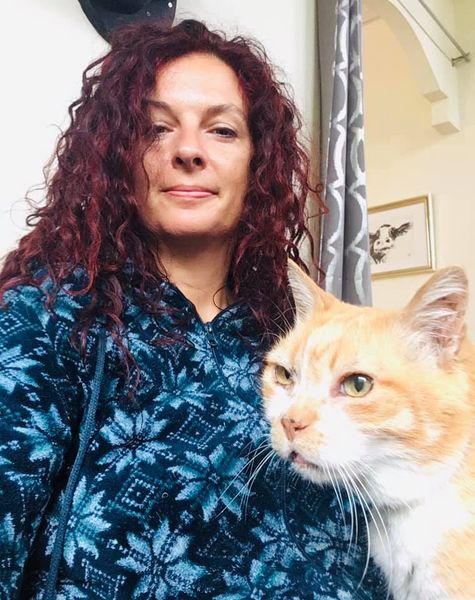


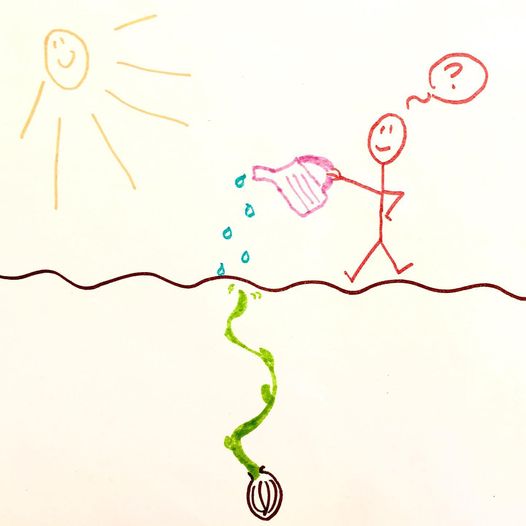

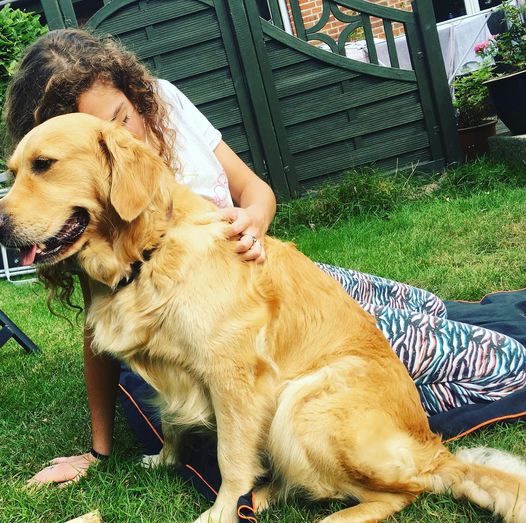
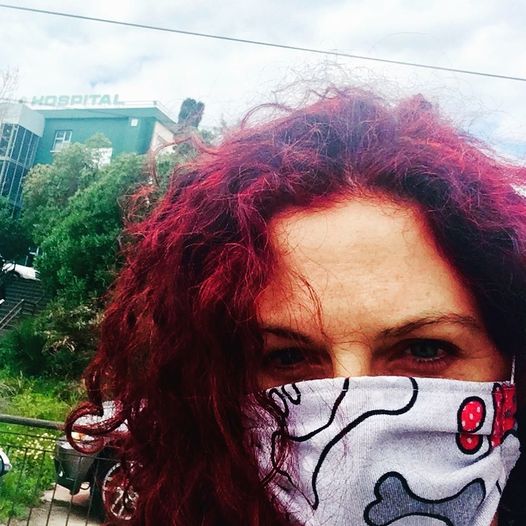

.Have you ever been so busy and stressed out that you actually dreamt of getting into an accident (a small one, no long lasting damage), so you would have to be confined to a hospital bed for a few weeks?
I’ve always scoffed at people insisting “you have to love yourself first, otherwise how can you expect anyone else to love you?”
